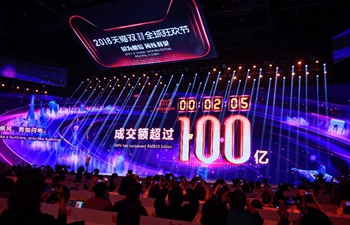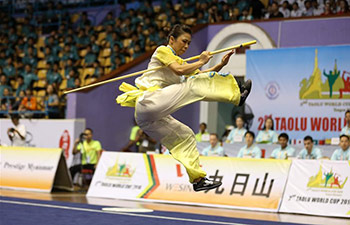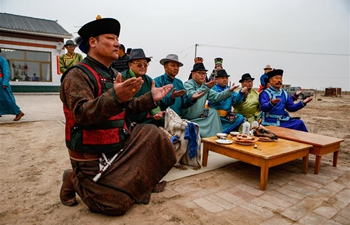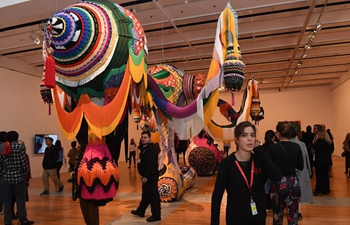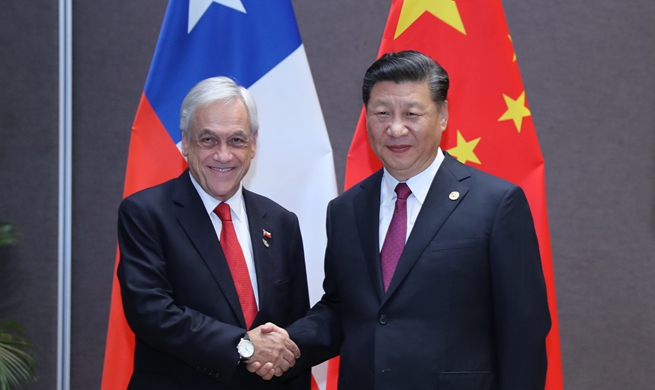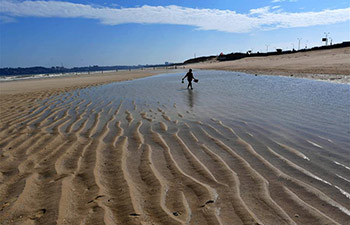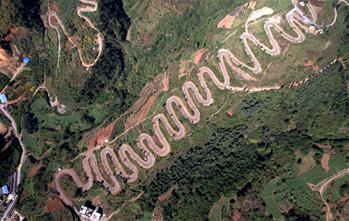BUDAPEST, Nov. 18 (Xinhua) -- The Hungarian regional oil company MOL was surprised by the fact that its President-CEO Zsolt Hernadi has been put back on the wanted list of Interpol, according to a statement published here on Sunday.
"The decision of the Interpol Executive Committee to put Zsolt Hernadi on the red circular list of Interpol was a surprise in Hungary," the company said in a statement which was issued as a reaction to the declaration of the Ministry of Interior of Croatia, who announced on Saturday that Hernadi has been put back on the wanted list of Interpol.
Croatia has been accusing Hernadi of corruption with former Croatian Prime Minister Ivo Sanader in the acquisition of Croatian oil company INA by MOL.
"The Interpol Executive Board decided today in Dubai for the benefit of Croatia and allowed the full return of Interpol international search warrant for Zsolt Hernadi," the Croatian Ministry of Interior said.
Mol added: "The judgment does not take into account the 2016 United Nations decision that there was no offense and of the Hungarian court's decision in August 2018, which decided not to execute the European arrest warrant issued by Croatia because, according to the court, the antecedents and circumstances made the MOL Group's President-CEO unable to count on a fair trial in Croatia."
"This decision was also a surprise because, since 2014, Croatia has made no innovations in its claims. It is regrettable that Croatia still does not respect the decisions of international tribunals and continues to strive to achieve its specific objectives by completely ignoring unfavorable substantive judgments," according to Mol.
Hernadi had previously been removed from the Interpol's wanted list, but in August, Croatia asked again Interpol to renew the warrant previously issued against the president-CEO of Mol. According to the Croatian Ministry of Interior, Croatia and Hungary have been able to substantiate their justifications in writing, after three-party consultations had taken place between Interpol, Croatia and Hungary.
Hungarian Prime Minister Viktor Orban also commented the case: "So far, I have pursued the strategy as Prime Minister that the Mol conflict was considered by Hungary as an economic and trade problem between the two societies and not an intergovernmental issue."
His comments were published on his official website on Sunday.
"I tried to explain that if we raised the problem of MOL in relations between Croatian and Hungarian states to an intergovernmental level, this would justify a more energetic action on the part of the Hungarian State, which would ruin Croatian-Hungarian relations," he warned.
